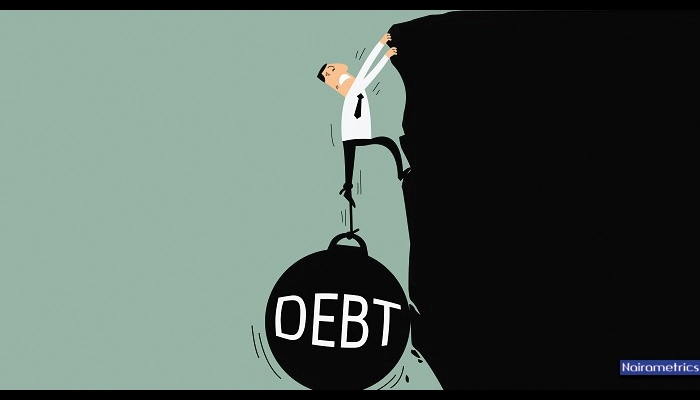Kalu Aja and Cheta Nwanze, two experts who spoke during the Nairametrics Economic Outlook webinar earlier today, have recommended two important steps that Nigeria’s incoming President should take to address some of the economic challenges bedevilling the country.
According to Financial Analyst Kalu Aja, Nigeria’s Ways and Means loans which are currently at N23 trillion, are now more than Nigeria’s foreign reserves. As such, it needs to be brought under control. To this end, he recommended that the incoming President should prioritise selling about 5% of Nigeria’s assets to pay down the principal of Nigeria’s foreign currency loans.
Meanwhile, the experts also recommended that the incoming President should adopt a phased removal of fuel subsidies to reduce the social bottlenecks it may cause.
Debt treatment: Kalu Aja noted that ways and means loans have surpassed foreign reserves and selling shares in some government assets should be what the next president should do to address it. He said:
- “The unfortunate thing is we have spent N23 trillion (ways and means), higher than foreign reserves. We have to pass that debt through a bond. We need to sell some assets, about 5%, and pay down the principal of the foreign debt. The problem is the Eurobond which is in dollars which is about 8.5%. We can refinance the naira. We can’t print naira, and we don’t earn in dollars.”
He added that long term, the next president should cut down on spending and pay off Eurobonds.
Subsidy removal: Cheta Nwanze added that even though fuel subsidy needs to go, it should be done in such a way that it won’t be too drastic. He said:
- “Fuel subsidy has to be removed. I think there are too many entrenched interests and the fact Nigerians are addicted to cheap petrol. What should happen is a phased removal, by the next administration, they need to be committed, right messaging and be transparent about where the savings go. The moment you try to remove it, there will be a pushback”.
What you should know: Nigeria’s public debt stock, which includes external and domestic debt, stood at N44.06 trillion (US$101.91 billion) in Q3 2022, having risen by N1.22 trillion from N42.84 trillion (US$ 103.31 billion) in Q2 2022.
- This was disclosed on Tuesday by the National Bureau of Statistics in its Nigerian Domestic & Foreign Debt Q3 2022 report.
- The report said that Nigeria’s external debt stood at N17.14 trillion ($39.66 billion) in Q3 2022, while domestic debt was N26.91 trillion ($62.25 billion).
